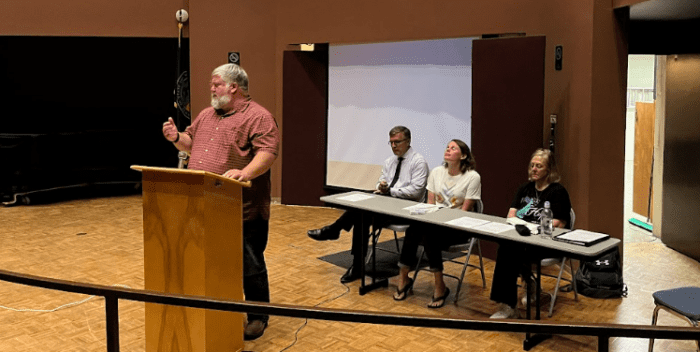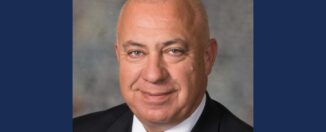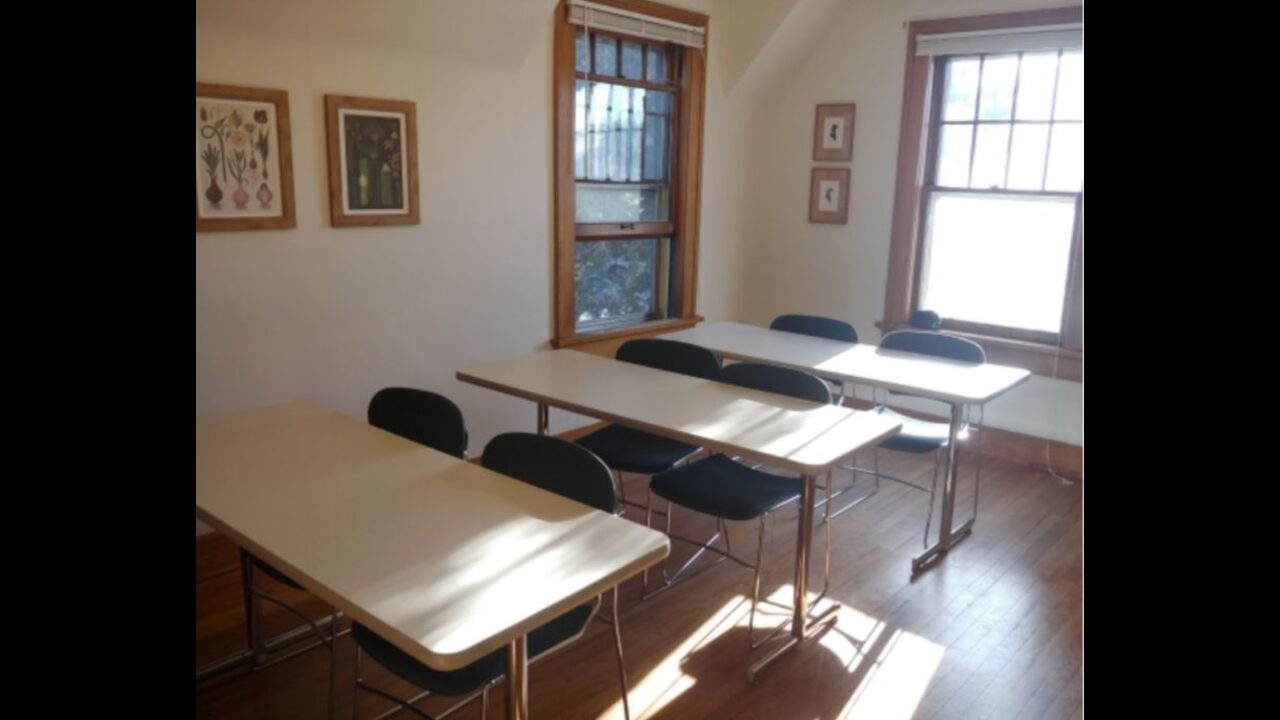People affected by suicide share their stories
Photo description: Jonathan Metschke of Metschke Counseling in Seward takes the microphone to talk about suicide prevention and warning signs of mental heath issues
Photo credit: Katelyn Hetz
Katelyn Hetz
Sower Staff
A group of community members gathered at the Seward Civic Center this week to share personal stories and raise awareness about the ever-growing issue of suicide.
The Centers for Disease Control and Prevention say suicide is among the leading causes of death in the United States. September is National Suicide Prevention Month.
Anna Downing lost her son Thomas to suicide in 2018, six months after he graduated with honors from Seward High School. Thomas Downing was a successful speech competitor and was attending the University of Nebraska-Lincoln on a full scholarship.
As the five-year anniversary of his death approaches, Anna’s pain is no less severe, but she said her greatest comfort came from listening to songs such as “Pray for you.”
Taunya Schlueter lost her best friend to suicide. Her friend was an advocate for mental health and was only three months away from getting married. Schlueter said when she got the call about her friend, “my world stopped too.”
Schlueter said experiencing such a loss has made her more purposeful in life. She works at Memorial Health to provide screening and resources for mental health, especially in the emergency room and to postpartum women.
Seward High graduate Dr. David Miers, who is a suicidologist and senior director of Behavioral Health at Bryan Health in Lincoln, shared lessons he has learned through his life and work, such as being open and honest when discussing suicide, coping strategies and how to confront someone you’re worried about. He also promoted the My Companion App, designed to help Nebraska residents take control of their mental health.
Concordia graduate and counselor Jonathan Metschke, of Metschke Counseling in Seward, focused on mental health warning signs people might see in loved ones. He said all comments and even jokes related to suicide must be taken seriously and investigated. He said people should never be afraid to take action.
“Only one-third of people who are contemplating suicide will reach out for help,” Metschke said. “Mental health is just as important as physical health. Talking about suicide is the only way to prevent it, so we can’t be scared to do that. Check in on your friends.”
Some of the most common themes during the discussion were prayer as the best coping strategy and not being afraid to ask questions and take action. The panelists said it is better to have a friend who is upset than a friend who isn’t here to be upset. Cope by listening to music, getting outside, joining clubs and enjoying God’s creation.
Anyone struggling with mental health or thoughts of suicide can reach out to Kathy L’Heureux, Concordia’s campus counselor, in the counseling office at 402-643-7398, or by email at Kathyrine.lheureux@cune.edu. People also can call or text the Suicide and Crisis Hotline at 988.






















